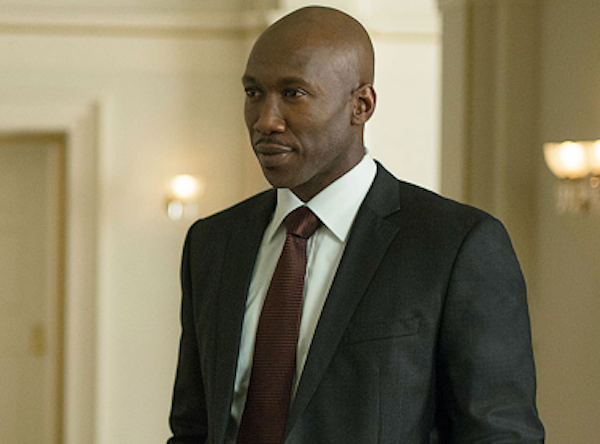Paris Defies Ban On Pro-Palestine Demonstrations
The French police can be seen HERE attacking a disabled pro Palestinian demonstrator who is bound to a wheelchair. As people rush to defend the man from the police and cameras appear, the police back off.
People who could not reach the main demonstration had their own demo in front of the train station.The ban on Pro Palestine demonstrations started after clashes broke out between a march of supporters of Palestine and Zionists. Video shows Zionists breaking store fronts and collecting weapons to use against the pro Palestine march. Moments later, video shows the Zionist running for their lives as pro Palestinians counter surge. The Zionists then run to safety hiding behind their main supporters: the State and its police:















